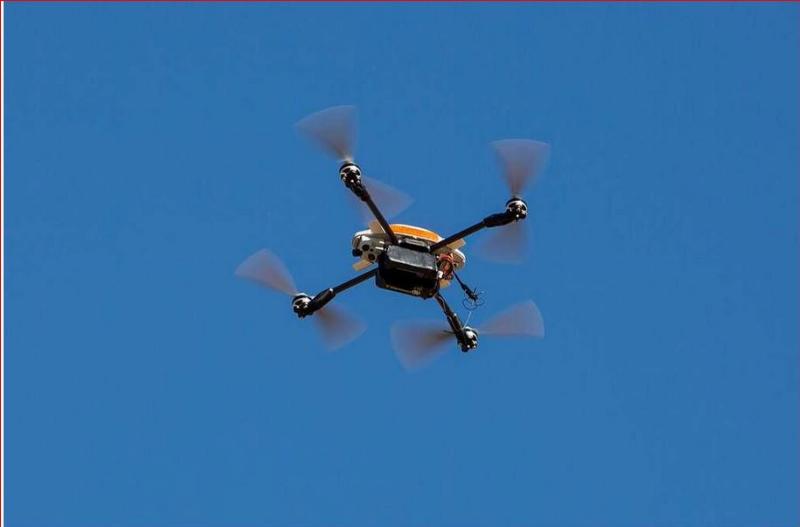


The recent drone attack on Russian nuclear bombers doesn’t mean much strategically, in military terms.
Bomber aircraft are an early 20th century technology used to deliver and drop bombs on targets, only because the bombs couldn’t get there themselves.
Today, Russia has hypersonic missiles that are entirely self-directed; and they are up to ten times faster than any aircraft that could deliver them. Fighters and bombers are antiquated last-generation relics. They create some symbolic prestige and that’s about all in practical terms.
Moreover, even if all of Russia’s bombers were disabled, how would that stop them from launching weapons from submarines, ships, or silos? Moreover, aircraft bombers were designed around a “carpet bombing” concept — dropping large batches of conventional explosives and incendiaries, which took hundreds or even thousands of such bombs to destroy major targets. Today, one single Russian hypersonic missile with a medium-grade nuclear warhead, can wipe out Kiev in one minute, and make it, and the surrounding area, unlivable for a century.
Military planners know all this, of course, so what was this drone attack all about? If certain interests want a war, this is one way to possibly provoke one. But this attack alone is not enough to guarantee a response, like Pearl Harbor did. But it is enough to keep dragging out a long battle by aggravating Russia, and create domestic and global political and economic instability, while frustrating diplomacy, trade and deal-making: the things President Trump is especially good at. War is a way for Democrats to keep undermining the President, and in their minds, effectively nullify the election. One regional war also spreads to other areas, completely changing the complexion of our domestic political priorities.
The landslide election victory last year was a referendum on peace, prosperity, and especially, economic growth. Other interests however, appear determined to frustrate those goals because peace and prosperity do not deliver the power they want. War does. It allows consent, deliberation, and even civil law, to be bypassed or suspended, while weakening the United States internationally, especially concerning China. This makes the president’s political enemies more than just a domestic political party adversary — they are a continued threat to the sovereignty, and security, of the United States.
Matthew G. Andersson is the author of the forthcoming book “Legally Blind” concerning law and policy. He is a jet command pilot, and a former executive advisor in aerospace and defense with Booz Allen Hamilton. He is a graduate of the University of Chicago and the University of Texas at Austin where he worked with White House national security advisor W.W. Rostow at the LBJ School of Public Affairs.
Image: Defense Visual Information Distribution Service, via Picryl // public domain
